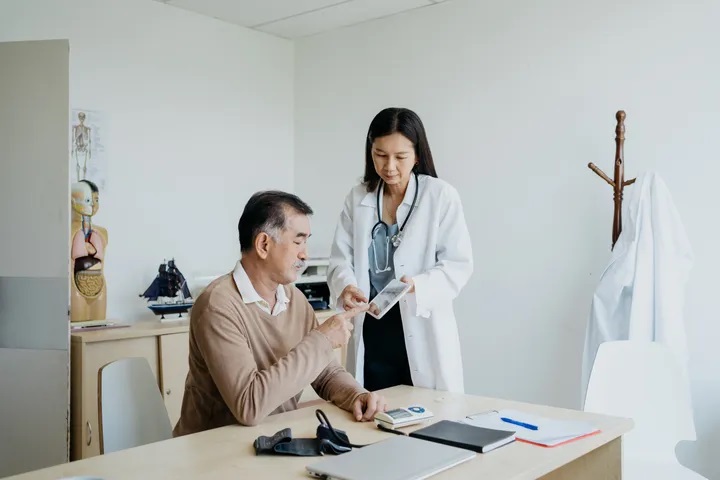Addressing India’s Nutrition Challenges for a Healthier Future

This year’s National Nutrition Week highlights the crucial theme of “healthy diets going affordable for all.” As healthcare professionals, we must confront the obstacles to making nutritious and affordable diets accessible to all Indians, as this is vital for the nation’s progress.
India faces a multifaceted nutrition crisis exacerbated by factors such as disrupted supply chains, global inflation due to events like the Ukraine war and the pandemic, and unpredictable climate conditions. Shockingly, the ‘State of Food Security and Nutrition in the World’ (SOFI) 2023 report reveals that 74% of Indians cannot afford a healthy diet.
This crisis goes beyond global issues and stems from our inability to ensure widespread access to basic meals. Approximately 80 crore people rely on government-provided grains through the Food Security Act, highlighting the severity of the problem.
Solving this issue is complex. While India has implemented a digitalized foodgrain transfer system under the Food Security Act, each state faces its unique challenges. Identifying beneficiaries remains a challenge, partly due to the delayed census amid the pandemic and political interference.
India currently represents over one-third of the world’s severely food-insecure population, with alarming rates of child malnutrition. Adequate funding for programs like the Integrated Child Development Scheme and the mid-day meal scheme is essential, yet budget cuts raise concerns about the government’s commitment to addressing undernutrition.
To overcome these challenges, India must adopt a micro-level approach, empowering local authorities and increasing their capacity. Embracing global trade, enhancing product quality, and promoting local produce diversification are also key strategies for a healthier, more nutritious future.
In the years ahead, prioritizing nutrition issues in mainstream discourse is crucial for India’s overall well-being.
Re-reported from the article originally published in The Deccan Herald








